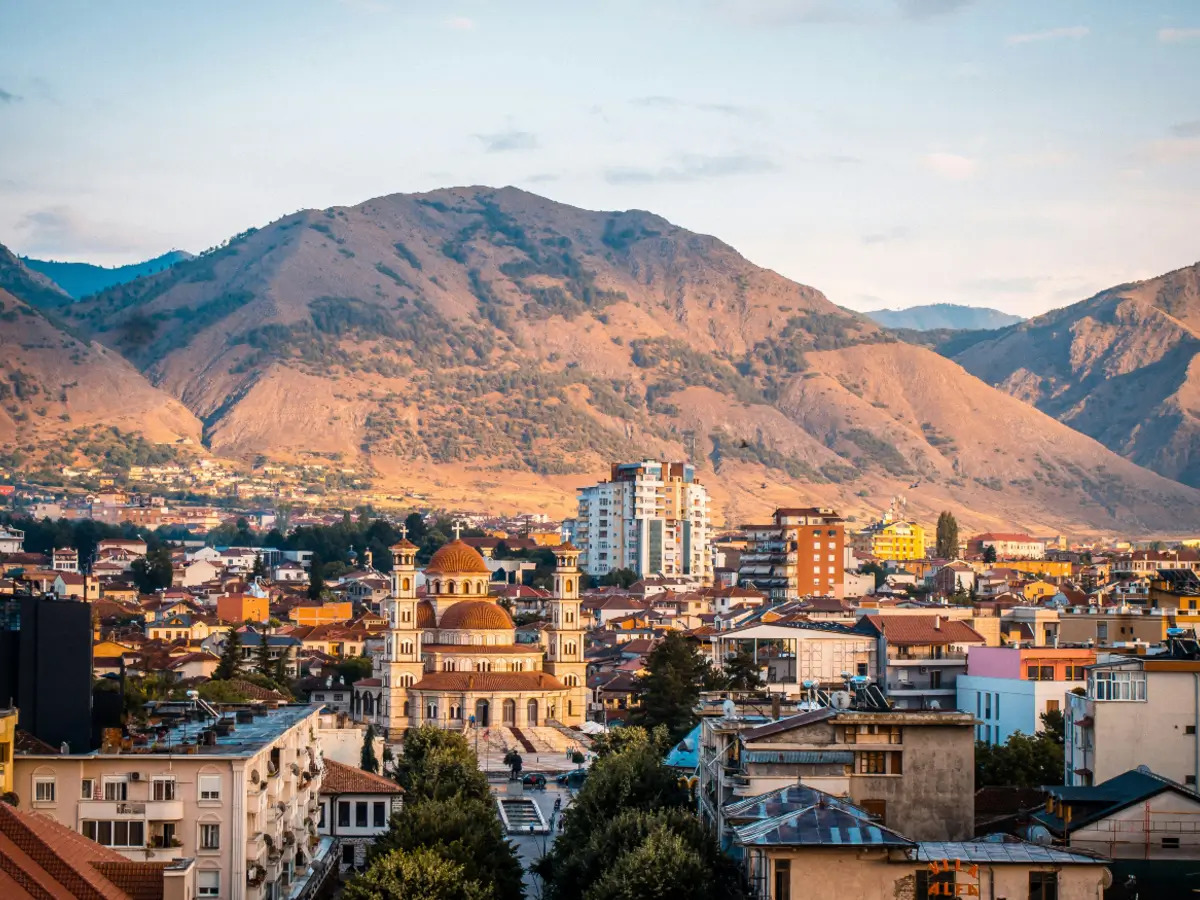When applying for a residency permit in Albania, one of the required documents is a police clearance certificate. This certificate proves that you do not have a criminal background in your country of origin or residence. Submitting it correctly — and at the right time — is essential to avoid delays or rejection.
Why It’s Required
Albanian authorities require a criminal background check to ensure that residency applicants have no serious offenses or ongoing legal issues abroad. This step is part of the standard due diligence process and applies to nearly every residency category, including property owners, retirees, digital workers, and business applicants.

Where the Certificate Must Come From
You must provide a police clearance certificate from the country where you currently live or your country of citizenship. In some cases, both may be required — especially if you’ve lived in multiple countries in recent years. The certificate must show that you have no criminal convictions during your stay in that country.
If you are already living in Albania, a local police certificate from the Albanian authorities may also be required when renewing your permit or applying for permanent residency.
Legalization and Translation
The police clearance certificate must be:
-
Legalized or apostilled depending on the country of origin
-
Translated into Albanian by a certified translator
-
Issued recently, usually within the last three to six months before submission
Old certificates are often rejected. If your certificate expires before your appointment date, you will need to obtain a new one.
When to Submit It
You should include the police clearance in your initial residency permit application. If you do not submit it on time, the file will be considered incomplete and delayed until you provide it. For renewals, the requirement depends on the category — in most cases, it’s not needed again unless your situation has changed or you’re applying for permanent residency.

Common Mistakes to Avoid
-
Submitting a certificate that is too old
-
Using a document that is not legalized
-
Skipping the translation step
-
Bringing a local certificate instead of one from your home country
-
Assuming that previous approval means it won’t be needed again
Even small mistakes in this step can lead to weeks of delay.
Why It’s Worth Preparing Early
Because this document must be issued by a foreign authority, it often takes the longest to obtain. Processing times can vary depending on the country, and legalization or apostille steps add more time. Starting early ensures that your residency file will be ready when you apply — without surprises.
If you’re not sure which country you need the certificate from or how to prepare it correctly, consulting with a local expert can help you avoid costly errors. When it comes to immigration paperwork, clean and complete documents are the fastest way to get approved.